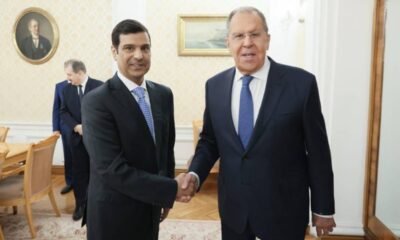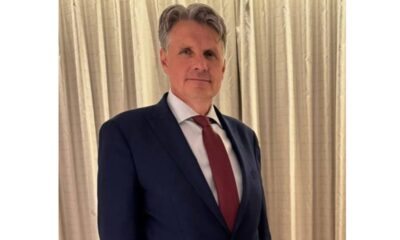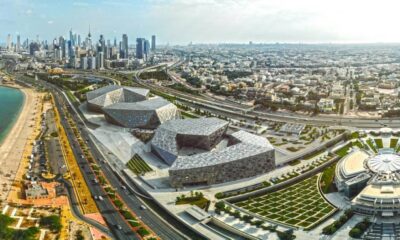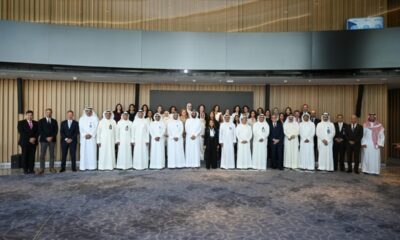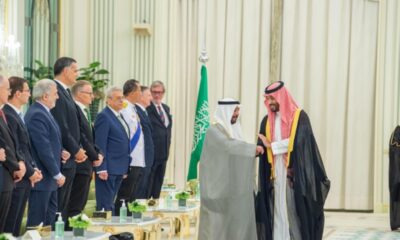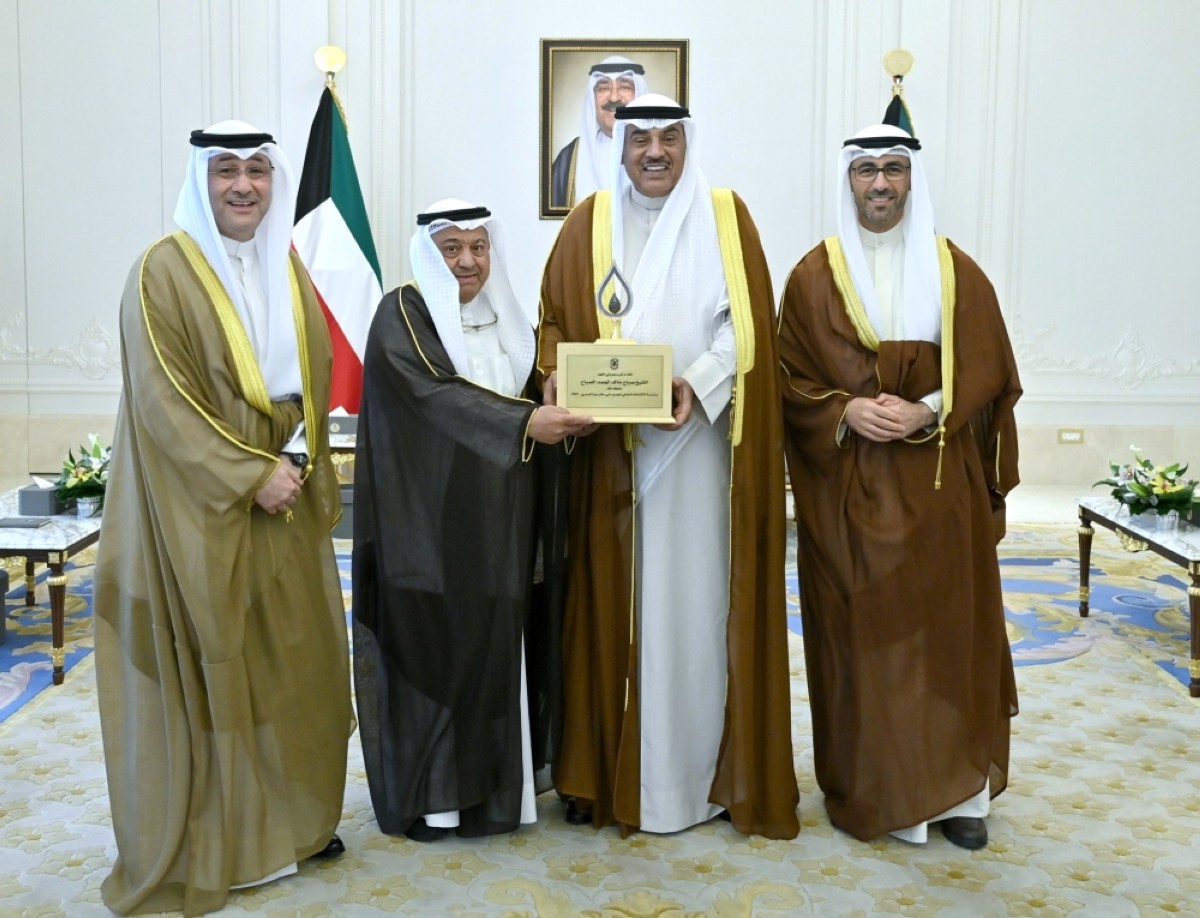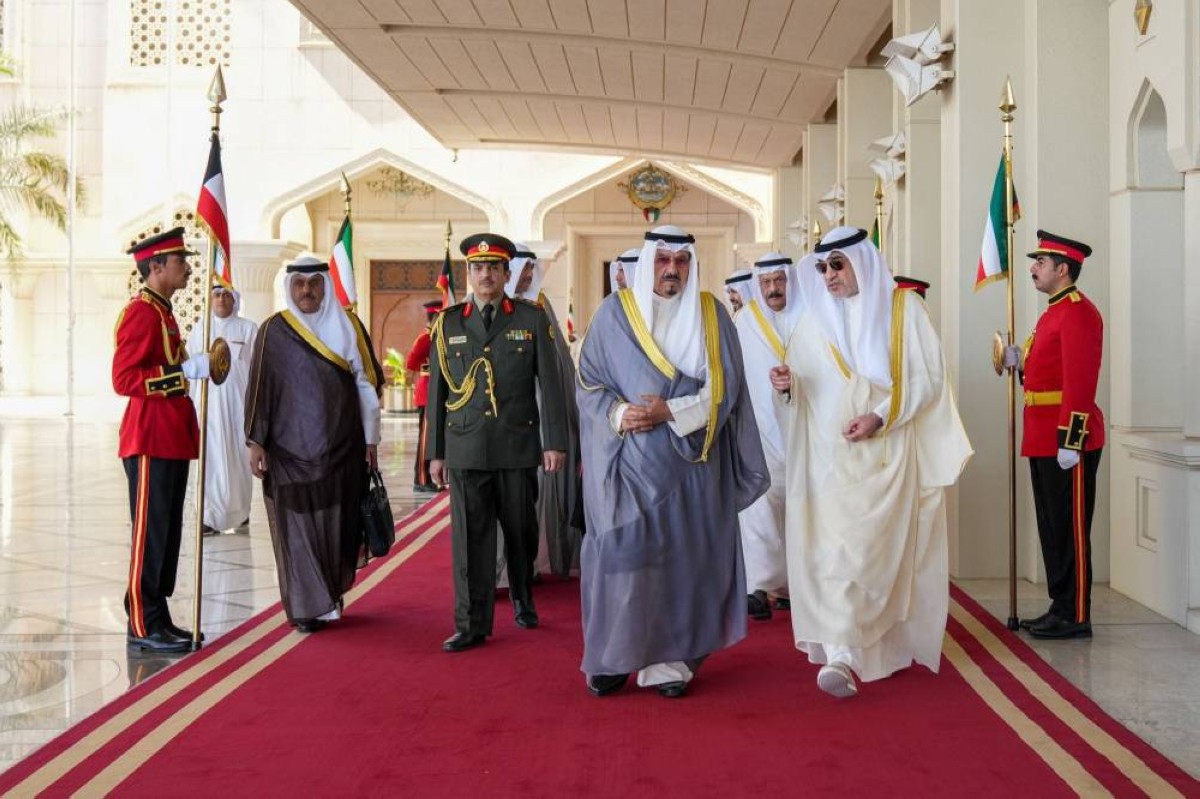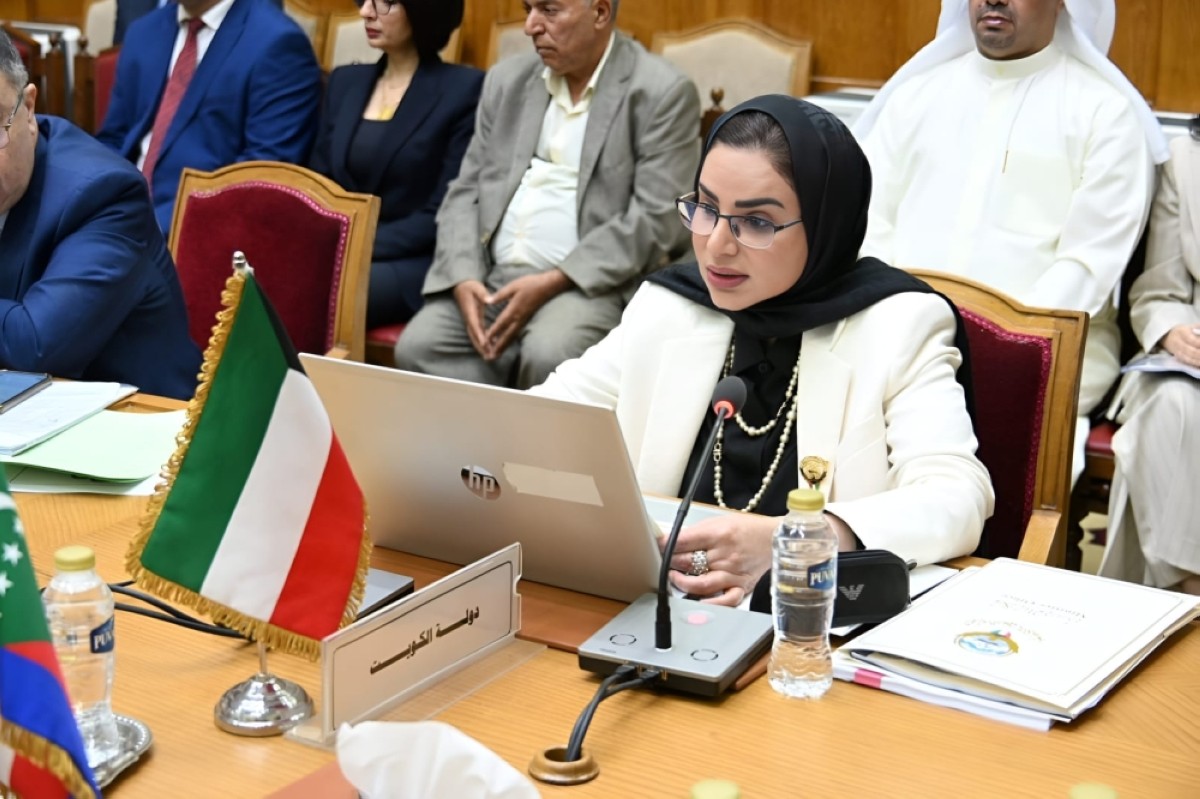KUWAIT: As her tenure comes to a close, Canadian Ambassador to Kuwait Aliya Mawani has expressed gratitude for the strong partnerships and lasting friendships formed during her posting.
Reflecting on her arrival in November 2021, just as Kuwait was emerging from COVID-19 restrictions, Ambassador Mawani described her term as one marked by momentum, cooperation and significant bilateral achievements.
She stated during her farewell remarks, “It’s hard to believe how quickly the time has passed. To me, that’s a sign it’s been a meaningful and productive period,” highlighting the warmth, hospitality, and commitment she experienced in the country.
“One major milestone was the signing of a Memorandum of Understanding (MoU) on bilateral strategic consultations, providing a formal platform for high-level dialogue on political, commercial, educational and security-related matters. A second MOU on development cooperation further aligned the two countries as international donors with shared values around stability and sustainable development,” she said.
The Canadian ambassador stated that security cooperation has also remained a cornerstone of the relationship, pointing out that Kuwait continues to host Canada’s regional airbase an essential hub for humanitarian and military operations in the region. The base notably supported the evacuation of nearly 4,000 people from Afghanistan in 2021, underscoring Kuwait’s strategic importance as a trusted partner.
Meanwhile, healthcare collaboration has deepened with the signing of a government-to-government MoU between Canada and Kuwait’s Ministry of Health. Canadian institutions such as the Royal College of Physicians and Surgeons of Canada and Accreditation Canada play a key role in supporting the training of Kuwaiti doctors and elevating healthcare standards.
In education, the ambassador stated that Canada remains a popular destination for Kuwaiti students, particularly in medicine, with approximately 450 students enrolled in Canadian medical programs each year. The ambassador also noted growing interest in Canada among families considering international education options.
Ambassador Mawani emphasized the importance of like-minded partnerships during turbulent times. With Kuwait currently holding the GCC presidency and Canada leading the G7, she sees both countries well-positioned to advance collective efforts on peace, multilateral reform and international law.
She indicated that Kuwait has consistently advocated for humanitarian values and multilateralism, adding that its foreign policy has evolved toward greater alignment with regional bodies, such as the GCC, Arab League, and OIC, especially in issues like Syria.
Ambassador Mawani will return to Canada to take on a new role at the Global Affairs Canada headquarters in Ottawa, opting to remain closer to family for the foreseeable future. Her successor, Tara Scheurwater, a seasoned diplomat who has served in Istanbul, Japan, and India, will take over the post and continue Canada’s 60th-anniversary celebrations with Kuwait.
As she prepares to depart, Ambassador Mawani says she’ll miss the friendships, the food, and Kuwait’s unique culture of turning dialogue into action. “Kuwait is a place where conversations lead to real projects. Whether through our Young Ambassadors program or collaboration with institutions like UNHCR and the ICRC, I’ve seen firsthand the spirit of partnership that defines this country.”
She leaves with more than memories, taking back a few traditional dara’as and a deeper appreciation for Kuwaiti hospitality, one she hopes to replicate back home through frequent open gatherings and continued engagement.
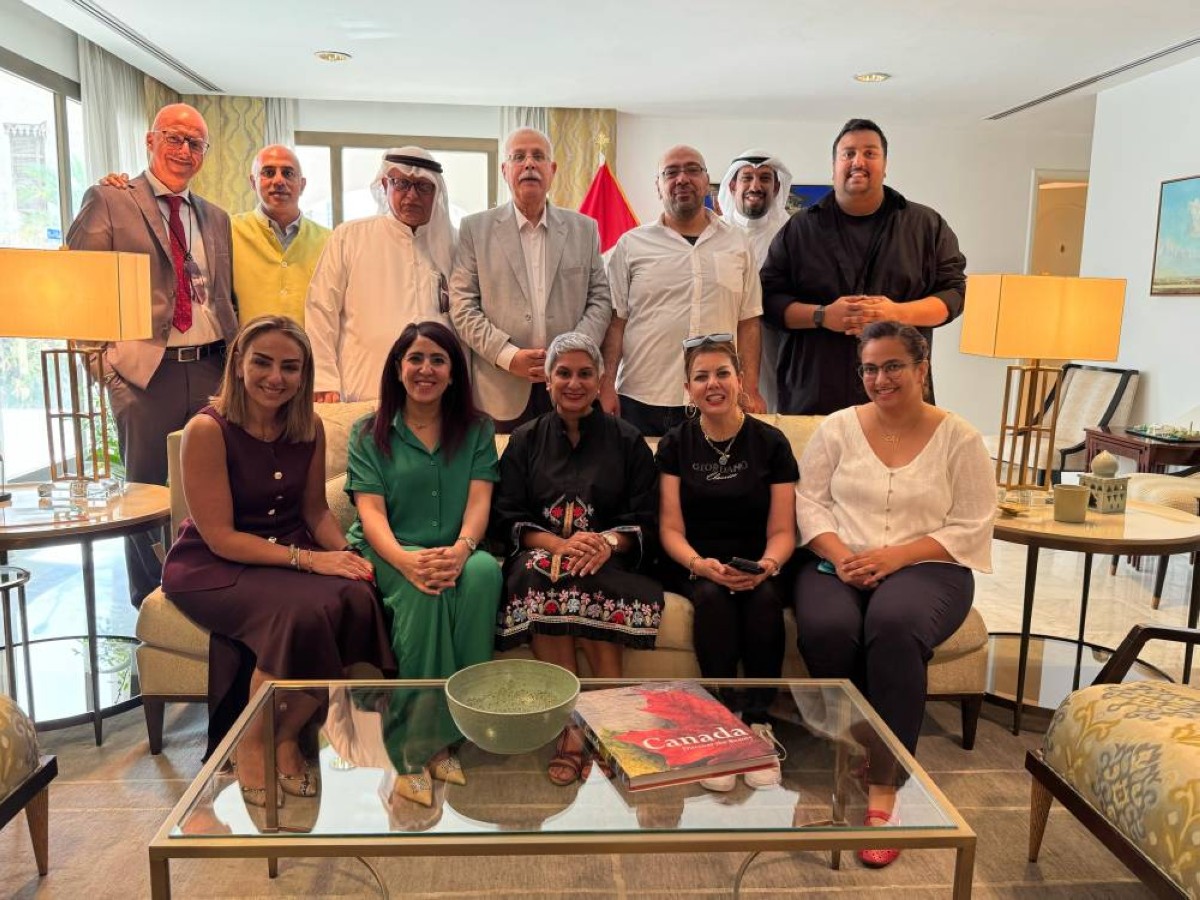

 Latest News23 hours ago
Latest News23 hours ago
 Politics16 hours ago
Politics16 hours ago
 Latest News17 hours ago
Latest News17 hours ago
 Latest News15 hours ago
Latest News15 hours ago
 Politics7 hours ago
Politics7 hours ago
 Business7 hours ago
Business7 hours ago
 Latest News7 hours ago
Latest News7 hours ago
 Politics6 hours ago
Politics6 hours ago
